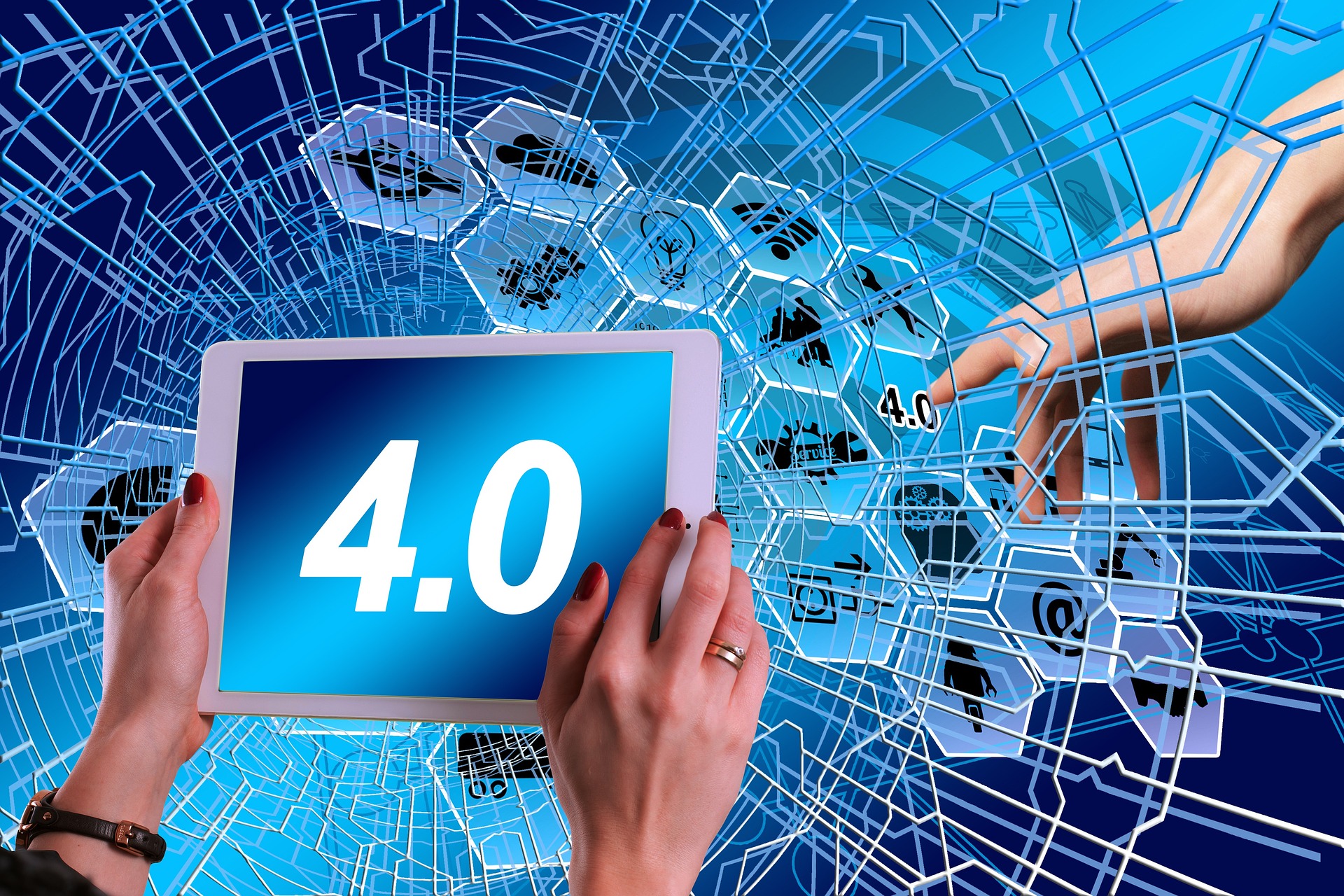"Decoding the Influence of Technology on Modern Legal Frameworks"
In the ever-evolving realm of law and government, one area that has been gaining significant attention is the influence of technology on modern legal frameworks. This article delves into the intersection between law and technology, seeking to unpack how technological advancements are shaping and transforming legal systems worldwide.

The Dawn of Technological Influence on Legal Systems
The influence of technology on legal systems is not a new phenomenon. It dates back to the invention of the printing press in the 15th century, which revolutionized the dissemination of legal texts and judgments. Fast forward to the 20th century, the advent of computers and the internet fundamentally transformed how legal data is stored, accessed, and analyzed. However, the rapid advancements in technology over the last decades have presented unprecedented challenges and opportunities to lawmakers and legal professionals.
The Rise of Artificial Intelligence in Legal Systems
Artificial Intelligence (AI) has been one of the most impactful technological advancements in recent years. AI has the potential to automate routine tasks, predict legal outcomes, and even draft contracts. However, the integration of AI into legal systems raises profound questions about the role of human judgment, ethics, and the potential for bias in automated decision-making.
Cybersecurity and Its Legal Implications
As digital networks become increasingly integral to our daily lives and global economy, the importance of cybersecurity cannot be overstated. Cybercrime laws have been enacted worldwide to combat the growing threat of cyberattacks, identity theft, and online fraud. However, these laws must continually evolve to keep pace with rapid technological changes and the sophisticated tactics employed by cybercriminals.
Balancing Innovation and Regulation in the Digital Age
While technology presents immense opportunities for improving legal systems, it also poses significant challenges. Lawmakers must strike a delicate balance between fostering innovation and ensuring adequate consumer protection. This necessitates a deep understanding of technology and its implications, which is no easy task given the speed at which technology evolves.
In conclusion, the influence of technology on modern legal frameworks is a complex and evolving area. It is a field that demands constant vigilance, ongoing research, and adaptable laws and regulations to balance the benefits and challenges that come with technological advancements. As we move further into the digital age, the intersection between law and technology will continue to be a critical area of focus for lawmakers, legal professionals, and society as a whole.




